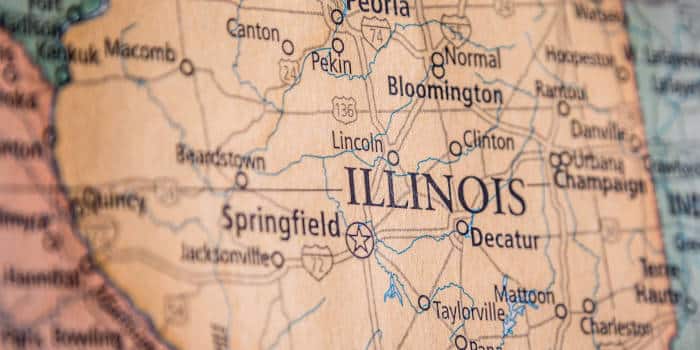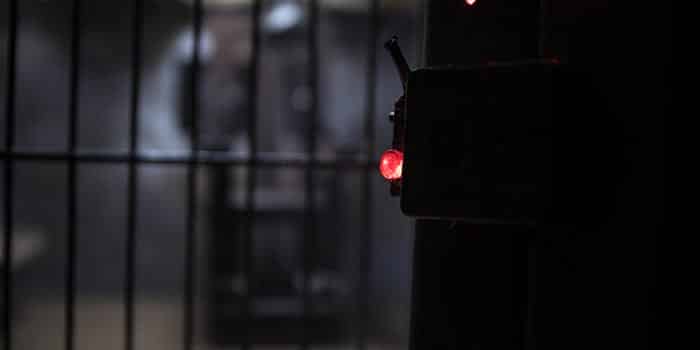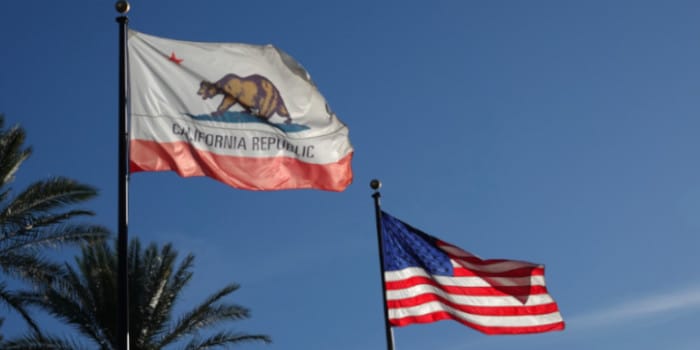- Casino
- By State
- Alabama
- Alaska
- Arizona
- Arkansas
- California
- Colorado
- Connecticut
- Delaware
- Georgia
- Florida
- Hawaii
- Idaho
- Illinois
- Indiana
- Iowa
- Kansas
- Kentucky
- Louisiana
- Maine
- Massachusetts
- Maryland
- Michigan
- Minnesota
- Mississippi
- Missouri
- Montana
- Nebraska
- Nevada
- New Hampshire
- New Jersey
- New Mexico
- New York
- North Carolina
- North Dakota
- Ohio
- Oklahoma
- Oregon
- Pennsylvania
- Rhode Island
- South Carolina
- South Dakota
- Tennessee
- Texas
- Utah
- Vermont
- Virginia
- Washington
- West Virginia
- Wisconsin
- Wyoming
- By State
- Slots
- Poker
- Sports
- Esports
Massachusetts Could Launch Sports Betting Before End of the Year

On Thursday evening, the House in Massachusetts approved a bill to legalize sports betting by a vote of 156-3.
Massachusetts’ House Eager to Legalize Sports Betting
The majority of the House in Massachusetts approved a bill to legalize sports betting at a meeting on Thursday evening.
The House voted 156-3 to pass the sports betting bill, H 3977, showing the Senate that it has overwhelming support for sports wagering in the state. Rep. Dan Cahill of Lynn said, “Most important, it’s just fun. People are allowed to have fun, and sports betting is fun.” Massachusetts residents are already wagering on sports; they either drive up to New Hampshire and Rhode Island or bet on offshore apps, according to Rep. Jerald Parisella, the chair of the Committee on Economic Development.
With this House bill, the Massachusetts Gaming Commission (MGC) would oversee sports betting. The legislation would require bettors to be at least 21 years old and physically present in Massachusetts, and also implements different consumer safeguards to protect against problem gambling, similar to those placed for casinos in 2011 when Massachusetts expanded its gaming industry. There are thirty states, including Massachusetts’ neighboring states Connecticut, New Hampshire, New York and Connecticut, with legalized sports betting. Parisella said, “We’re surrounded.”
The three opposing votes were from Reps. Mike Connolly, Russell Holmes and Erika Uyterhoeven.
Legislators Expect Tax Revenue up to $60 Million Annually
The state’s two simulcasting venues and racetracks, MGM Springfield and Plainridge Park Casino, would receive licenses to take in-person bets as long as they meet the requirements by the MGC.
They would be able to have between one and three mobile wagering platforms, depending on the facility. Other mobile operators who want mobile-only licenses would have to pay a $5-million fee. Sportsbook revenue from in-person bets be taxed 12.5% and mobile sportsbook operators would be taxed 15%.
Additionally, there would be a 1% tax for bets placed on sporting events held in Massachusetts, distributed proportionally between all of the facilities hosting the events. The money would be used for “sports wagering security and integrity.”
According to Parisella, the state could raise around $60 million from sports betting taxes annually.
To have or not to have collegiate sports betting
Before the House took its vote, House Speaker Ronald Mariano spoke on Bloomberg Baystate Radio, stating that leaving collegiate betting out “would probably turn out to be a dealbreaker.” The House bill would allow wagers on the outcome of college sports contests, but not on the performances of individual college athletes.
Betting on college sports is the most significant difference between the House bill and Sen. Eric Lesser’s betting bill, S 269, which is currently before the Senate Ways and Means Committee. Mariano said that, if college betting is not allowed, the revenue will drop between $25 million and $35 million a year.
The House and the Senate will soon take their summer break and it is not yet clear if the bill would be done before that. Some legislators say that having sports betting launch in Massachusetts before the end of 2021 is a realistic possibility.
Related Topics:
Eva is a PR specialist and communications expert with ten years of experience in campaign organizing and creative writing. She is also a published author of fictional stories. Eva recently developed an interest in economics and the gaming industry after discovering the inspirational story of Molly Bloom.
Previous Article

Industry
July 23, 2021
Betpoint CEO Lahcene Merzoug: "The iGaming Industry Is No Longer a Wild West, We Have Social Responsibilities"

Must Read
Industry
July 14, 2025
Senate Blocks Attempt to Reverse Gambling Tax Rule
More Articles






Lottery
July 18, 2025
Man Wins $1M from 2 Powerball Tickets

Industry
July 18, 2025
Carnival Corporation Becomes Member of AGA

Casino
July 18, 2025
Evolution on Q2 Results: “2025 Will Be a Great Year”

Poker
July 17, 2025
Michael Mizrachi Takes WSOP Main Event, Wins $10M

Industry
July 17, 2025
New Jersey Gaming Posts $581.6M in Revenue for June










